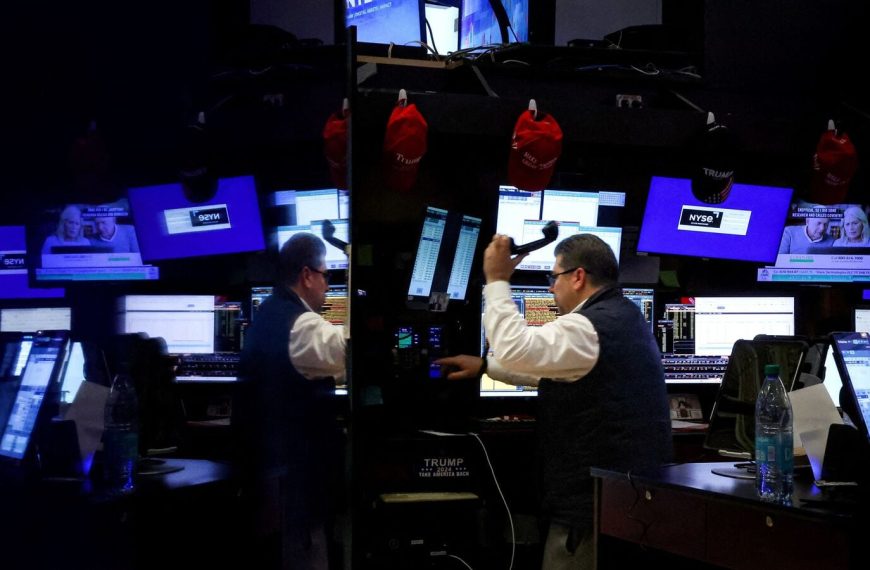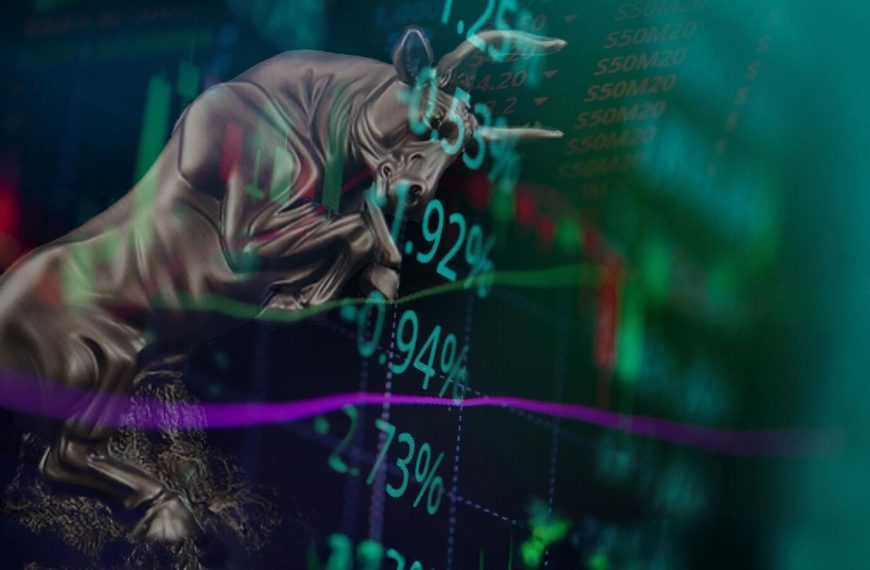Saudi Arabian markets are experiencing a significant upswing as they continue to trade positively on Tuesday, April 7. Following a record closing on Monday, the indices have rebounded impressively from a recent global selloff, fueled by rising hopes that the United States may reconsider its stringent import tariffs. The main stock index, TASI, has surged by 2%, maintaining its upward trajectory from the previous day.
Strong Performance by Key Banks
The recent gains in the Saudi market were largely propelled by major banking institutions. Al Rajhi Bank (1120.SE) recorded a notable increase of 2.3%, while Saudi National Bank (1180.SE), the largest lender in the country, rose by 2.1%. Additionally, oil powerhouse Saudi Aramco saw its shares climb by 1.2%, contributing to the overall positive sentiment in the market.
- TASI increased by 2%.
- Al Rajhi Bank up by 2.3%.
- Saudi National Bank gained 2.1%.
- Saudi Aramco rose 1.2%.
This positive momentum comes on the heels of a 6.8% drop on Sunday, marking the most significant single-day decline for the index since the early months of the COVID-19 pandemic in 2020.
Broader Trends in the Gulf Region
The upward trend wasn’t limited to Saudi Arabia. The Dubai Financial Market General Index (DFMGI) climbed by 1.9%, boosted by a 1.7% increase in Emaar Properties and a 2.4% rise in Dubai Islamic Bank. Meanwhile, Qatar’s index (QSI) mirrored this positive trend, also gaining 1.9%, primarily due to a 2.8% jump in Qatar National Bank, which is the largest lender in the Gulf region.
Asian Markets Rebound
Asian markets are also enjoying a resurgence today, with Japan’s Nikkei 225 bouncing back over 6% after a previous plunge of nearly 8%. The recovery was significantly influenced by a volatile trading session on Wall Street, where investors reacted sharply to President Donald Trump‘s tariff threats. By late morning in Tokyo, the Nikkei 225 had surged 6.5%, reaching 33,148.52.
- Nikkei 225 up by 6.5%.
- Hang Seng Index rose by 1.7% to 20,163.97.
- Shanghai Composite increased by 0.8% to 3,121.72.
- Kospi advanced 1.6% to 2,364.22.
Similarly, the Australian S&P/ASX 200 also gained 1.6%, closing at 7,462.60. Markets in both New Zealand and Australia are experiencing a positive shift.
U.S. Market Reactions
On the U.S. front, the S&P 500 saw a slight decline of 0.2% as investors remain cautious, awaiting clarity on President Trump’s next moves in the ongoing trade conflict. The Dow Jones Industrial Average fell 349 points, or 0.9%, while the Nasdaq Composite managed a slight increase of 0.1%.
A potential pivot towards trade agreements could pave the way for reduced tariffs, helping to stave off a looming recession. However, should tariffs remain unchanged, additional market declines could occur.
In summary, while the Saudi and broader Gulf markets are experiencing a notable rebound, the global economic landscape remains fragile, with trade negotiations continuing to create uncertainty.











